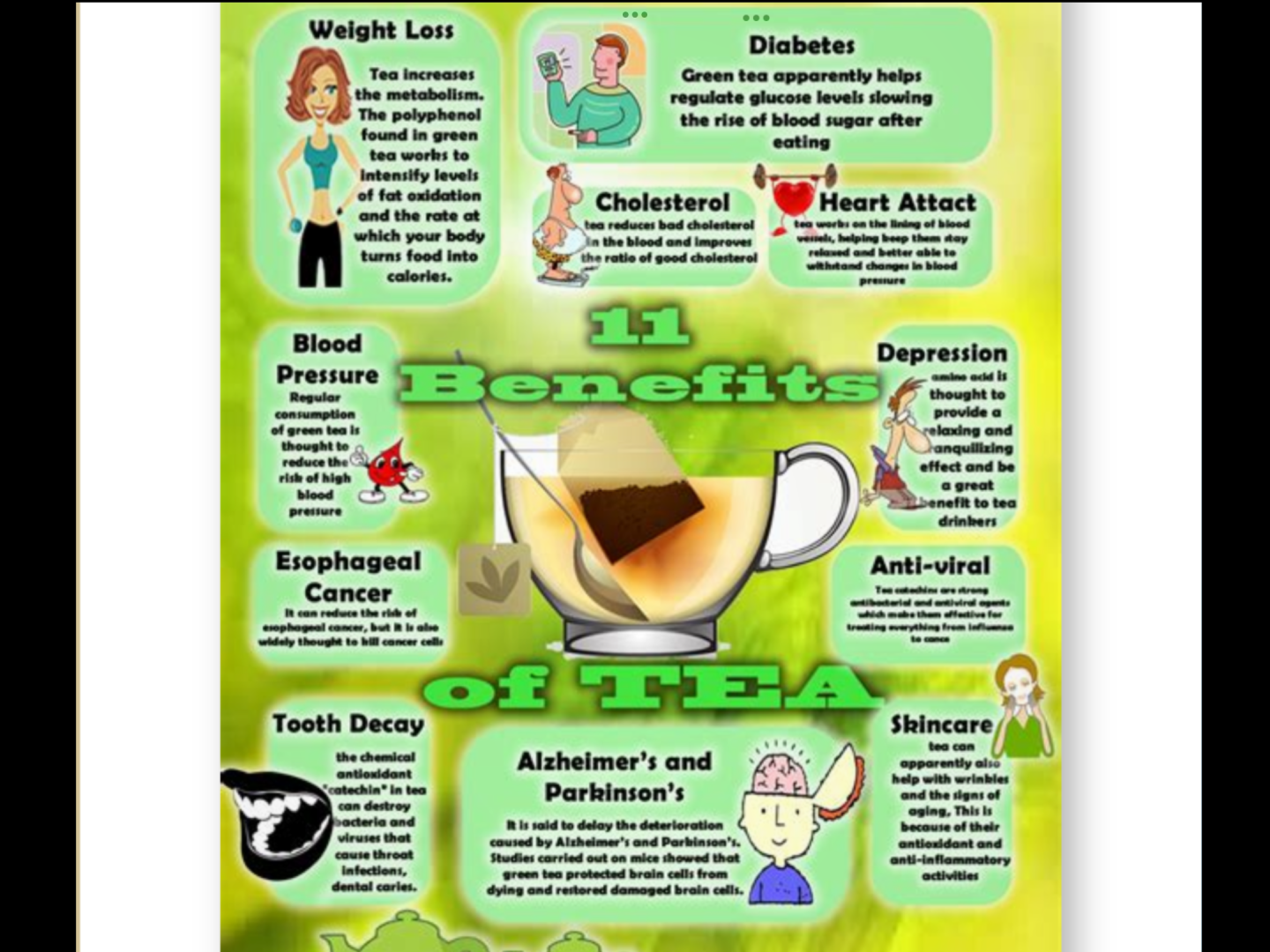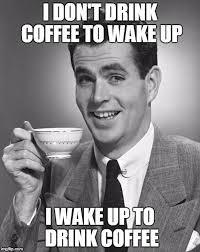
:mdrmdr: :mdrmdr: :mdrmdr: Well … we can’t be selfish here … after all don’t you want all our fur babies on the one way heaven bound flight out of here? And by doing this … there isn’t a whole lot of room to carry assorted drink choices. So the fur babies cast their votes. Note: ALL the dogs voted for hot chocolate :yes: But the cats … ALL voted for the tea partea … hence … the only solution was to compromise with the smooth tasting Chocolate Mint flavor Tea as thee beverage flight of choice :whistle: Disclaimer: There was nothing sneaky about the voting results … all paw prints were accounted for. No double voting. B-) - Fair Use - (Yohanan's) :mdrmdr: :mdrmdr: This is from teabloom.com :yes: 5 Reasons Coffee is More Popular than Tea in America Do you ever wonder why Americans drink so much coffee? If tea is the most popular beverage in the world, why is it so unpopular in the United States? 85% of tea enjoyed by Americans is iced tea. But hot tea is not a hot commodity — why? It turns out America’s bitterness toward tea might have to do with politics, fear, and rebellion. Historical events might still have a profound effect on how you — as an American — subconsciously compare tea and coffee today. Here are 5 fascinating reasons why Americans love coffee more than tea: Tea is a Traitor’s Drink In 1773, cases of British tea were thrown into the Boston Harbor which helped spark the Revolutionary War and created an automatic dislike for imported British tea. John Adams, the leader of the revolution, wrote a letter to his wife stating that tea was a traitor's drink. It’s believed that after this, the American Revolution was planned over many cups of coffee. America’s “preference” for coffee was cemented during the war — a 10-year boycott on tea forced people to turn to coffee as a substitute. From the birth of the United States in 1776, coffee was a patriotic American drink, and tea was not. Tea’s heavy association with Britain, Asia, and non-American countries may have been considered not only unpatriotic but also unmasculine — these two opinions are still alive in America today. Tea is a Feminine Drink This underlying feminine dialogue in America might be the biggest hurdle for tea to overcome. English-inspired tea houses in America are almost comically adorned with pink hues, lace, and flowery teaware — which doesn’t help tea break free from the feminine stereotype. Afternoon Tea in America is almost strictly feminine. It’s not likely that America will break away from the fear of flowery tea anytime soon. It’s disappointing — but not surprising — that many Americans are unaware that tea around the world isn’t feminine. For most countries tea is way of life — for everyone — in the same way that coffee is a way of life for Americans. Coffee is a Social Drink Sharing tea means taking your time and enjoying the moment with other people. You never rush tea time, if you can help it. Coffee on the other hand, is still social but often the opposite — it’s enjoyed in a rush, and during quick moments. Even a quick catch-up with a friend is done in a hurry. But this hustle and bustle mindset might be another reason why coffee is all the more popular in America. Coffee is for the Individual For most people, coffee is fuel — it’s a source of energy to get them through the many tasks that need to be done. It’s not uncommon for coffee drinkers to start their day with a mandatory cup or a pot of strong coffee. Coffee Fuels the American Workaholic Mindset In 1955, a business owner tried to force his employees to take mandatory unpaid breaks to boost productivity — workers were encouraged to drink coffee that was provided by the owner. As a result, the employees worked longer and harder after the short coffee breaks. Because these breaks benefited the business owner in a massive way, the employees won the case and changed the workplace environment forever. Today, employers in America are required to pay their employees for two short “coffee breaks” during their full-time shifts I love chocolate, but don’t ruin it with mint. I can’t understand putting mint in anything. I even make sure my toothpaste doesn’t have mint in it. 🤣And that can be difficult. But stats show Americans are not healthy as Europeans, who drink tea. B-) So if you want to avoid the doctor, do this … drink Green Tea … - Fair Use - So you don’t like Chocolate thin mints, Keebler Grasshopper mint cookies, Mint Chocolate chip ice cream, mint chewing gum, mint mouth wash? Geri, I even threw away dental floss that was supposed to be plain, but they messed up and put mint in it. Even that gave me indigestion. Supposedly in some people mint relaxes the sphincter muscle that keeps gastric juices from coming up in the esophagus.
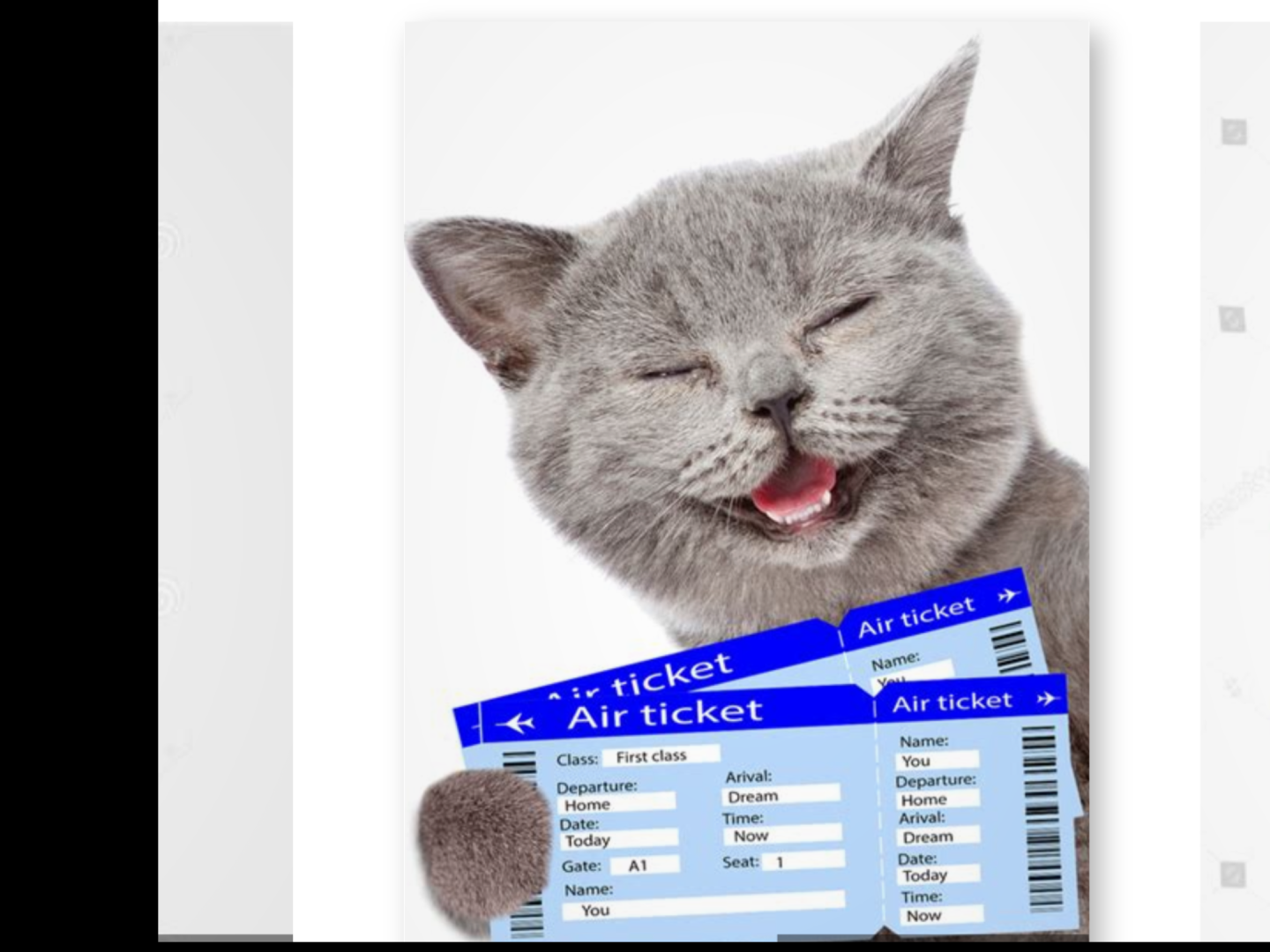
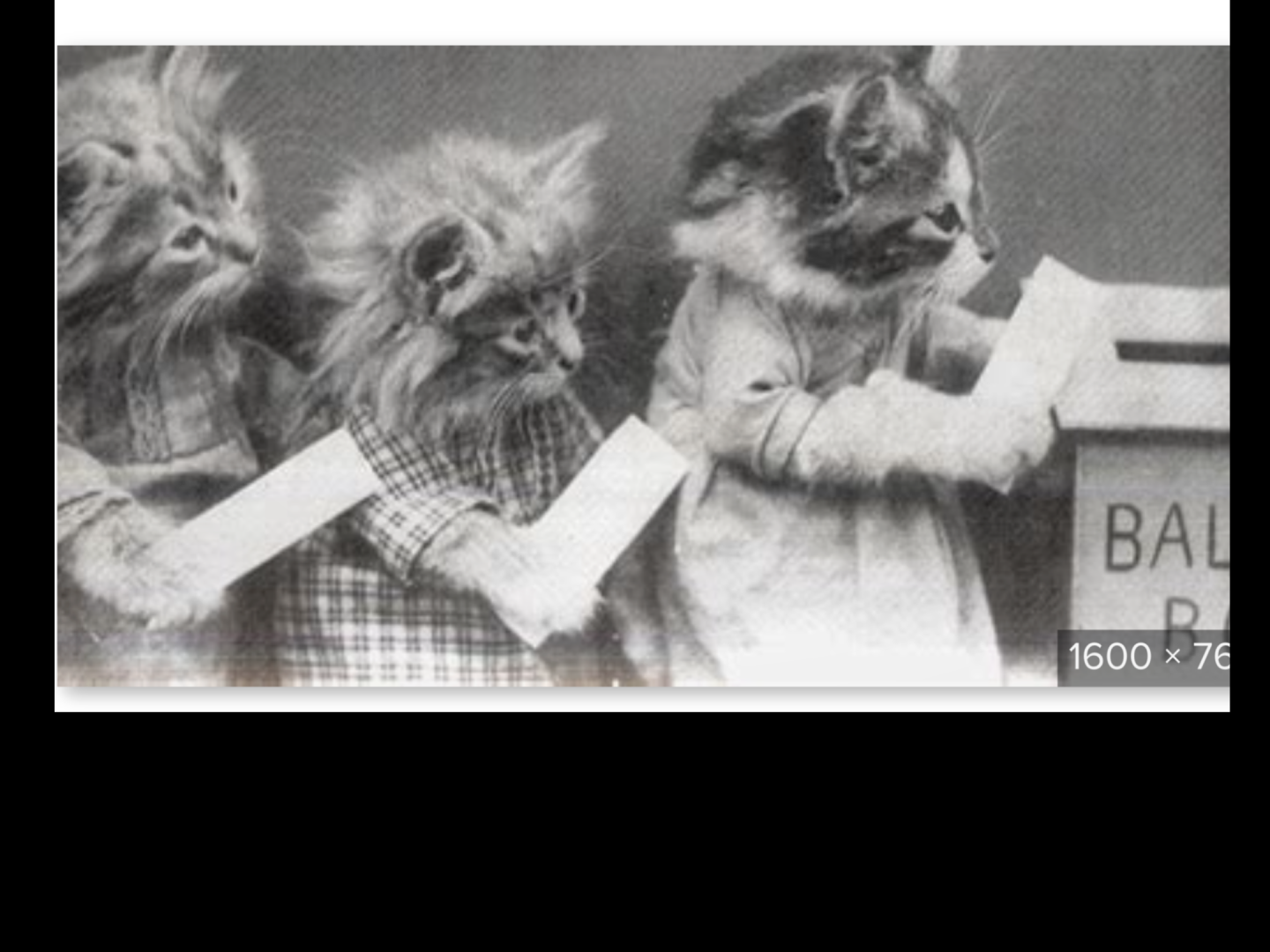
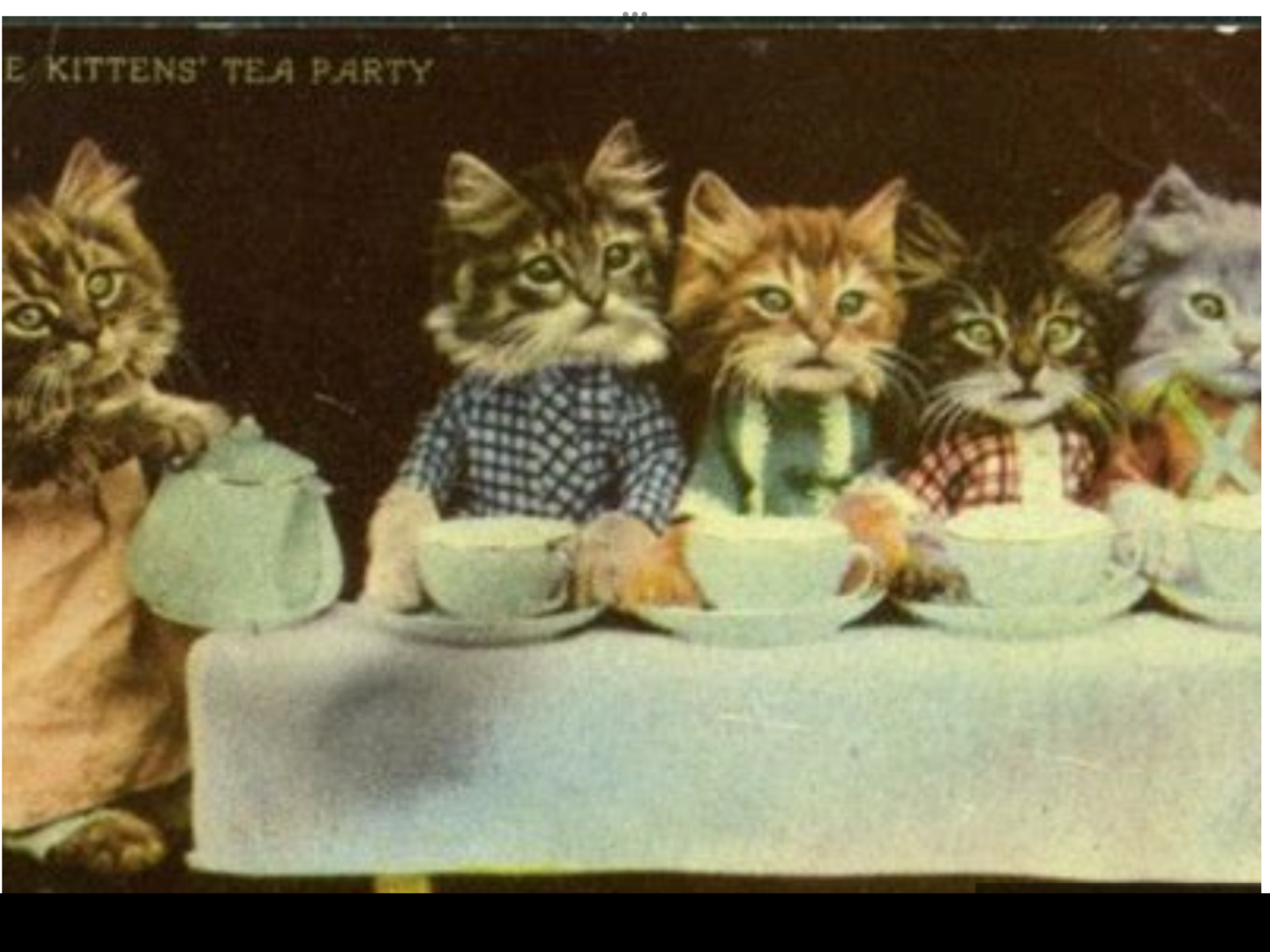
Tea might be the most popular drink around the world, but in America, coffee is everywhere. You might not know it, but your love for coffee is rooted in the colonist’s separation from the king — from British rule. The need for independence is what sparked the hatred of Britain and tea before the Revolutionary War. The transition from British-dependent tea to home-grown coffee in pre-America had everything to do with anger and rebellion.
Iced and sweet tea has a rich American history, but outside of that tea as a whole has never been a significant part of American culture. The assumption is that afternoon tea is proper, dainty, and overtly feminine. This association may have to do with subconscious stereotypes that have developed over centuries — such as the coffee-drinking burly American patriot as opposed to the tea-drinking delicate European aristocrat or artist.
When your friend asks if you want to “grab a coffee” do you ever think about how the phrase is woven so smoothly into American society? “Grabbing a coffee” might not even involve drinking coffee — it’s about connecting with people. Coffee is to Americans like tea is to everyone else around the world — a means for socializing.
You might enjoy getting a quick cup of coffee with your friend, but coffee is also fast-paced addition to the current way of life for many Americans — and drinking coffee is mostly solitary. The average American doesn’t drink coffee regularly with their friends or family — they drink coffee on the run.
The United States is a land of workaholics, consumerism, and efficiency — which is all fueled by strong caffeinated good old American coffee. In a country where the narrative is “go, go, go”, coffee is not likely to be replaced by tea anytime soon. In fact, the American “coffee break” came about because of a pivotal court case that benefits workers today.